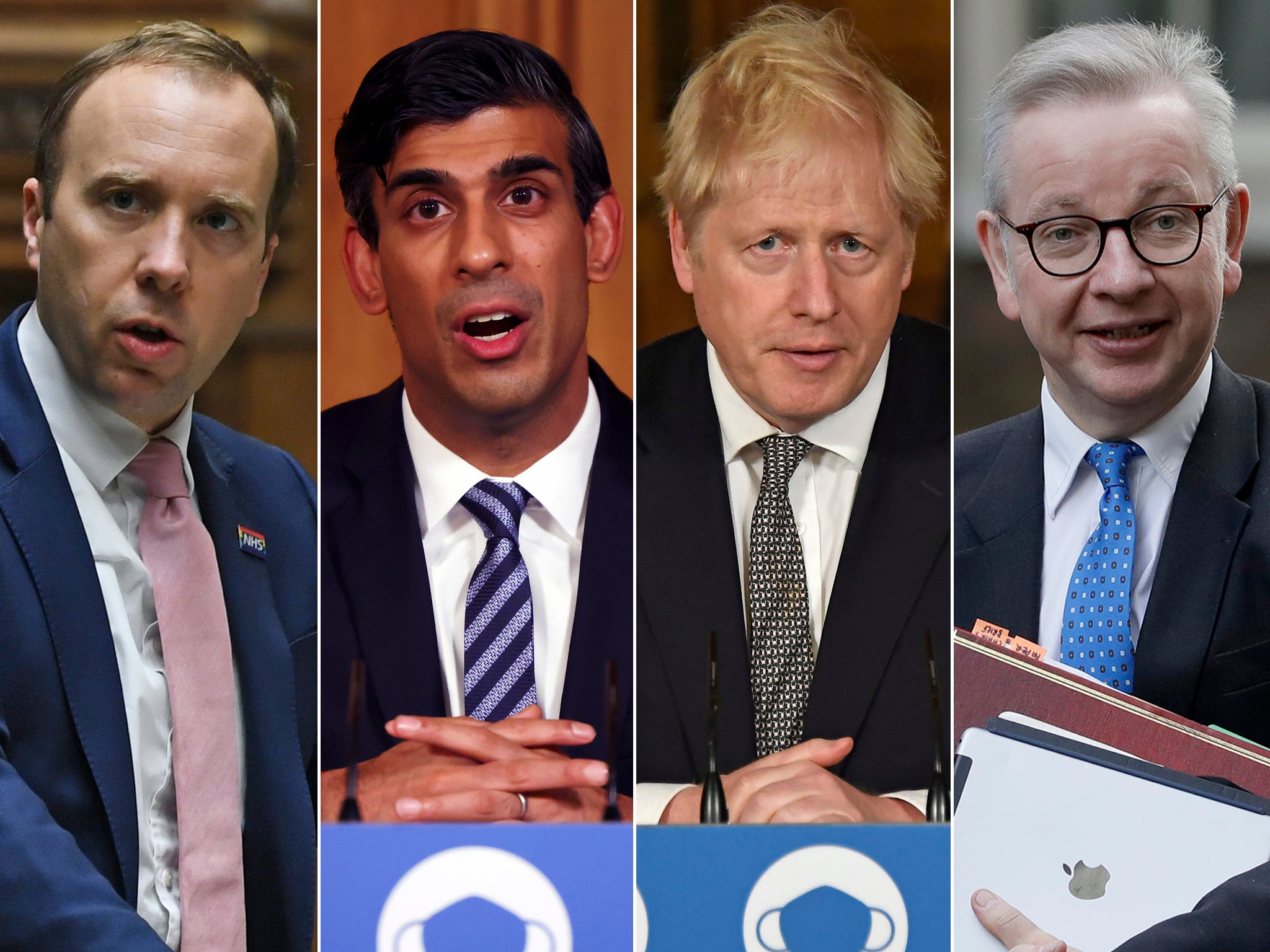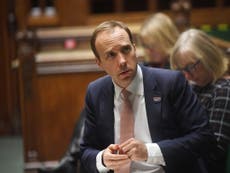Who’s responsible for the lockdown leak – and does it matter?
Information being let out unofficially is an occupational hazard for leaders, but Sean O’Grady argues that the more it happens, the more it reveals a government that is divided and confused about its future path


According to Whitehall legend, Harold Wilson – one of the most wily of the many slippery characters to inhabit Downing Street – once ordered his cabinet secretary to conduct a leak inquiry into a titbit that he, Wilson, had himself fed to a compliant reporter. Wilson’s confected indignation and official investigations were, in other words, pure subterfuge. Leaks by No 10, then as now, are regarded by No 10 as legitimate “media management”; those from elsewhere are grave breaches of confidentiality and of collective cabinet responsibility. They are certainly nothing new.
Which brings us to the current prime minister’s reported “fury” that the fact and main details of the latest national (ie English) lockdown were leaked to the press before he had a chance to tell the public or, indeed, the full cabinet and parliament. This time Boris Johnson’s annoyance seems genuine, if only because it further disrupted his weekend and pre-empted any spin he might have wanted to put on his latest U-turn. The press conference had to be swiftly arranged, was postponed twice and disrupted the nation’s Saturday evening television viewing plans. Little Mix and Strictly fans may never forgive the Conservatives. Mr Johnson’s marginal reputation for competence was further eroded.
A leak inquiry has been ordered, though it seems a little futile, given everything. There are only four principal suspects in this mystery the “quad” of ministers who made the key decision. They are: the prime minister himself; the cabinet office minister Michael Gove; the chancellor, Rishi Sunak; and the health secretary, Matt Hancock. Mr Gove has flatly denied being the source, and Downing Street is equally vehement that it did not come from the likes of Dominic Cummings. Most observers think it’s not Mr Sunak’s style, and the Treasury has little vested interest in making another lockdown more likely by raising expectations of it. Mr Hancock, by contrast, would have more of a sectional advantage in bouncing the government into the new restrictions. He wants to protect the NHS from being overwhelmed, and his career with it. The leaks went to The Times (with which Mr Gove has longstanding links) and the Mail, rather than the Telegraph or the Spectator (closer to Mr Johnson and Mr Cummings). If it were a civil servant, it might have wound up in a more progressive outlet.
From the gossip, it seems that it may have been a matter of carelessness, and Mr Hancock being a little too garrulous with friendly journalists. Cock-up rather than conspiracy, then, which at least has the ring of truth to it. An “ally” of Mr Hancock said the leak claims were “categorically untrue”. Perhaps he or another member of the “quad” used an intermediary, an “ally” or special adviser to transmit the information.
There’s a good case for it being in the public domain, in any case.
The only leak inquiries that matter are not those conducted by civil servants, but the rare ones where the police are called in. And they can have painful consequences. That was how Gavin Williamson, for example, came to be sacked by Theresa May from his job as defence secretary when he briefed a journalist about a classified Cobra meeting (though Mr Williamson denies being the culprit).
When Gordon Brown’s government got fed up of Home Office documents falling into the hands of the Tory opposition, it eventually led to the discovery of pornography on the computer of Damian Green MP.
Though most leaks are trivial, and some, from “whistleblowers”, are demonstrably in the public interest, others are serious and tragic. When the press finally guessed from interactions with official sources the name of David Kelly during the Iraq “dodgy dossier” it may have led to his suicide, though the Hutton report in 2004 found that nobody could have anticipated he would take his own life and that there was “no underhand strategy”. Perhaps inevitably, the contents of the Hutton report on Dr Kelly’s death were leaked in advance to The Sun.
On the whole, leaks are a fact of political life in a free society, and should be regarded as an occupational hazard by all those involved in running the country. Unusually leaky governments, however, with ministers and civil servants conducting “briefing wars” between senior members and secrets often tumbling out into the media are a symptom of a deeper malaise. The more leaks, you might say, the more divided the government, and the more confused it is about its future path. That seems as good an explanation as any for the chaotic announcement of the lockdown.





Join our commenting forum
Join thought-provoking conversations, follow other Independent readers and see their replies
Comments